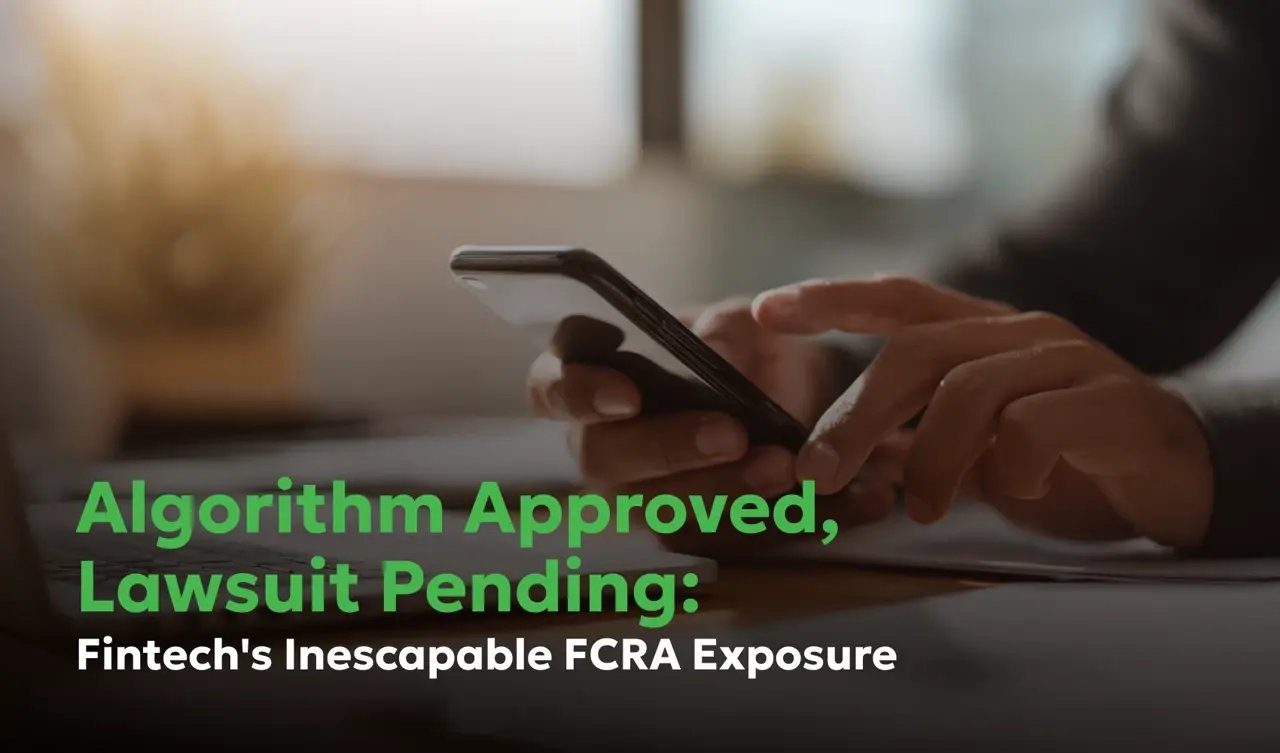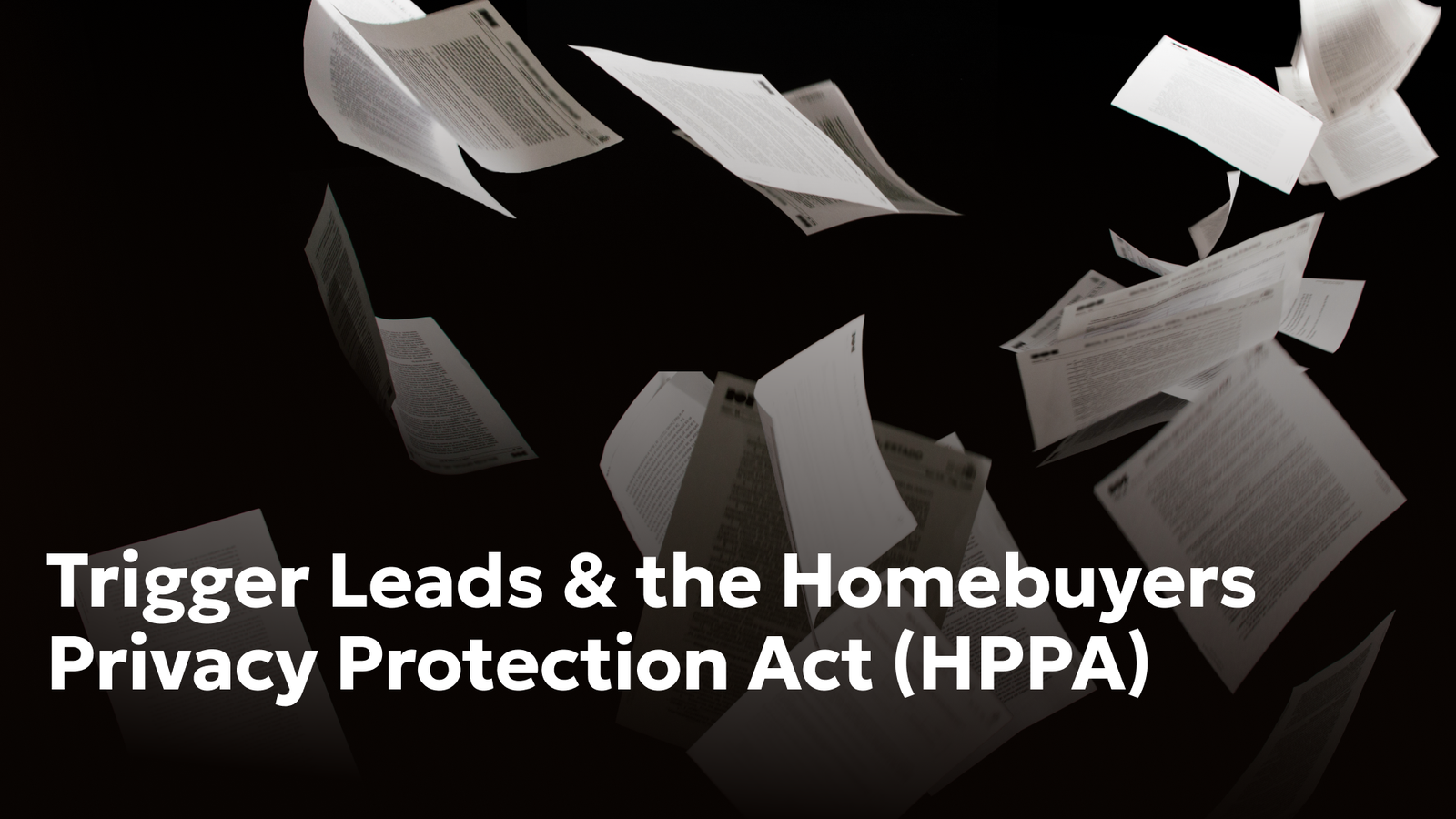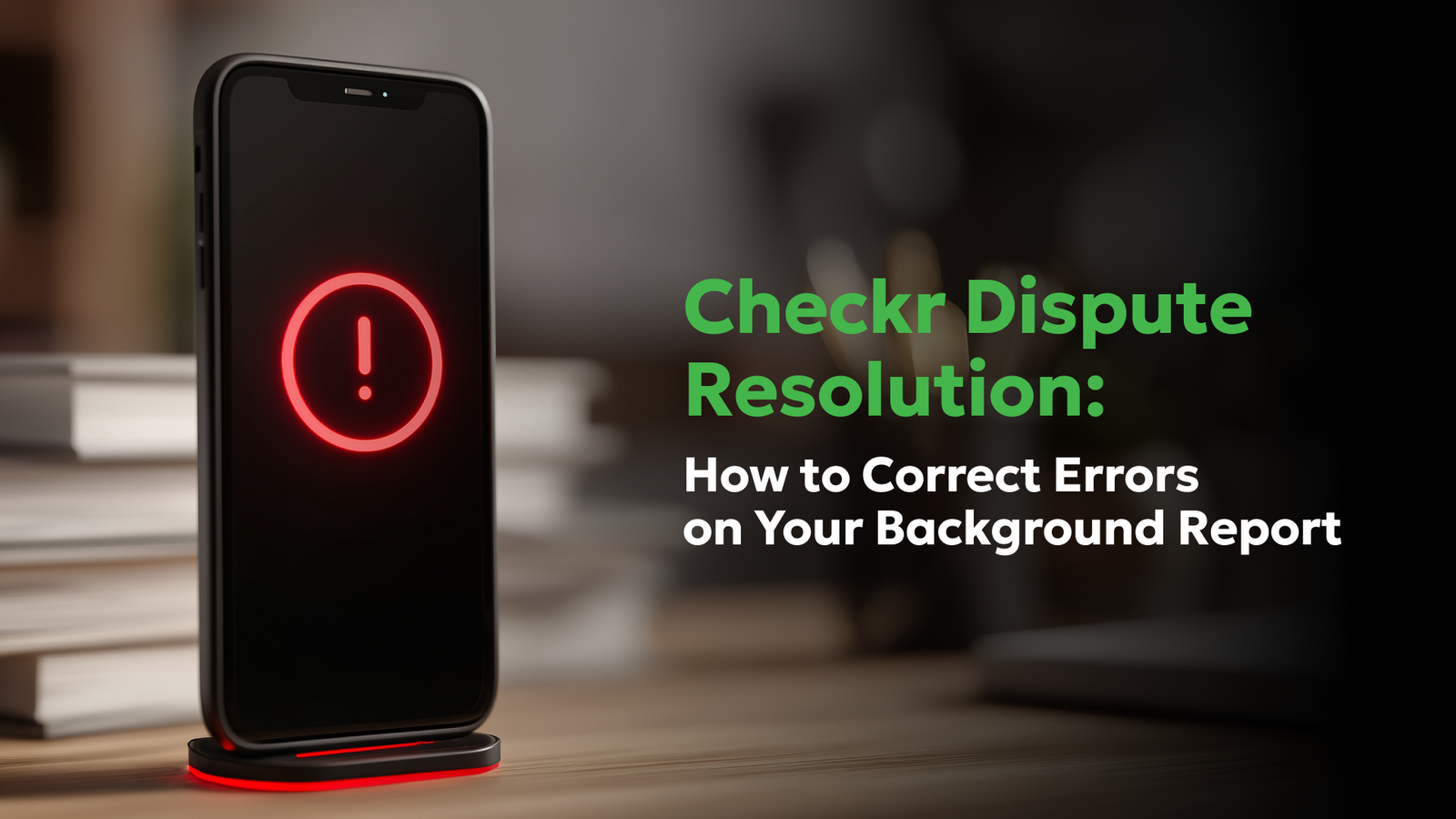How to Know if Your Identity Has Been Stolen
- Blog
- All about FCRA
How to Know if Your Identity Has Been Stolen

Identity theft is an ugly crime, and thieves have no mercy. Learn how to survive and thrive with Consumer Attorneys!
Are you worried about the repercussions of a stolen identity? Discover how our attorneys can offer you customized guidance and legal support, ensuring your rights are protected. We help you understand the complexities of identity theft and what you need to do to jump-start the recovery process. Read on to learn how to go from victim to victor!
If you, like millions of other people are wondering “how does your identity get stolen” you have a valid and common concern. Identity theft wreaks havoc on people’s lives and can take many years to recover from. That’s why one of the scariest questions you may ever ask yourself is “is my identity stolen?” That’s because identity theft is more than just a mere inconvenience; it’s a serious crime and boundary violation followed by a mess of financial and emotional chaos. It is not an experience you can be prepared for, but it is something you can help prevent.
If you’ve recently had that sinking feeling that your identity might have been exposed, you are not alone. Consumer Attorneys are your allies and will guide you through the recovery process.
Keep reading to learn what identity theft is, how to know if your identity has been stolen, which action can you take to determine whether your identity has been stolen, and how to begin the restoration process.
How Do I Check if My Identity Has Been Stolen?
Identity theft occurs when someone (a thief and criminal) has stolen very important and sensitive details of your life with the intent to use those details (name, birth date, Social) to defraud you or someone else for personal gain.
Here are some tips to check if your identity has been stolen:
- Check your balances: Make sure you check your bank and credit card transactions frequently for any unusual activity and purchases that are not recognizable to you. Report any issues immediately.
- Monitor your credit reports: One of the main signs your identity has been stolen is if your credit reports are off-kilter! Balance your credit report from the three most important credit reporting agencies (Experian, Equifax, and TransUnion) once a year (and more often if you are concerned about theft). When you review your credit reports, you will be reviewing them to identify any unfamiliar accounts and details.
- Place fraud alerts on your accounts: Fraud monitoring is important. Most fraud alert services give you the option to set up alerts and if any suspicious activity is flagged that can negatively affect your personal or financial information, you will be alerted (usually immediately). Immediate reporting of identity theft is necessary to prevent irreparable damage to your credit and finances.
- Examine medical records and bills: Take a look at your medical records and bills because sometimes identity thieves will use victims’ information to get medical attention and services.
- Check your account statements regularly: Reviewing your accounts regularly helps you determine if your identity has been stolen faster than if you do not check your accounts regularly.
- Contact professionals: If you suspect that your identity has been stolen, you should contact a lawyer for identity theft. Sometimes it may be difficult to determine if you’re a victim of identity theft, but legal professionals can help you jump-start the recovery process.
Signs Your Identity Has Been Stolen
How do you know if your identity has been stolen? You look for the signs!
Recognizing the red flags of identity theft is crucial to your recovery time. The sooner you recognize the signs, the faster you can put an end to it! Although it is not always easy to determine when your identity is compromised, there are some signs you should be on the lookout for. Check out some signs of stolen identity below:
Sign 1: Unfamiliar Charges
If you notice unfamiliar charges on your financial statements, those unrecognized transactions could be your first clue that someone's got their hands on your financial identity. Sometimes consumers ignore charges and transactions that appear to be small but you should not ignore these. If you can catch the smaller charges and put an end to fraudulent activity, it will help prevent future charges that may be detrimental to your credit and financial well-being.
Sign 2: Debt Collectors Won’t Leave You Alone
If you're getting hounded by debt collectors for unknown charges, chances are you may be a victim of a stolen identity. Let’s face it, debt collectors are annoying and many people ignore them or block their calls. But if you’ve received debt collection attempts, it may be a sign that someone is opening new accounts in your name. Also use caution with debt collection attempts for accounts you don’t recognize. The debt collection attempt itself may be an identity theft scam.
Sign 3: Your Credit Is Unrecognizable
Your credit is a glimpse into your past and future. Don’t take what you see on your credit reports lightly. Credit reports are like a crystal ball of your financial health. Strange accounts or inquiries you don't recall are glaring signals that someone else might be using your information for their own gain.
Sign 4: If Your Mail is Missing
Scammers are aware that many people overlook missing mail and chalk it up to a delay at the postal service. If your mail went on an unexpected vacation, it's a sign someone might be intercepting your sensitive information. It's not just about missing a few letters; it's about someone stealing your information to form alternate identities or open accounts without your consent. Keep an eye on your important documents and contact the senders if you are expecting something in the mail that is late. This will help you determine if your mail is actually en route, but running late or being intercepted by an identity thief.
Sign 5: Constant Data Breach Alerts
Companies are under constant threat from data breaches. If your information is caught up in one, it's not just their problem - it's yours too! These alerts are a call to action to safeguard your identity. Getting an email about your information being leaked on the dark web or being in a data leak may seem harmless or “routine,” but it is not. Identity thieves are counting on consumers to ignore these alerts. Instead, be vigilant by determining what information was leaked and what you can do to protect your sensitive details in the future.
How to Protect Yourself Against Identity Theft
Protecting yourself against identity theft starts with you being proactive! You can do so by consistently paying attention to your important details like your bank statements, credit reports, and other financial documents.
In addition, being proactive means shielding your sensitive details as much as possible. Be sure to cover up your passcodes at ATMs and do not frivolously give out your personal information online or in person.
Pro tip #1: Consider using multi-factor authentication when it is available as well as a password manager. Multi-factor authentication makes it more difficult to gain control of your accounts and password managers protect multiple passwords at once. Be sure to make your passwords STRONG! This means you shouldn’t create passwords that are names of your beloved pets, family members, or easy to guess. Identity thieves are smarter than you think. They look for easy clues to unlock your personal details and they often start with those things and people closest to you. When creating passwords, include a combination of numbers, letters, and symbols. Creating a stronger password makes it more difficult for identity thieves to hack into your accounts and steal your identity and ultimately – your life!
Pro tip #2: Before you toss those documents, think of the value they hold. Shredding documents isn’t just for paperwork like bank statements, but should also be for any pages, even hand-written notes, containing your sensitive details.
Pro tip #3: Be aware of phishing scams. Phishing scams are more common than most consumers suspect and an easy way for thieves to hack into your life. These scams are usually in the form of emails or messages that can sometimes appear to be “normal” but are far from it. You know those text messages that ask you to click on a link for details about your “Amazon'' or “USPS” packages but you didn’t order anything? Exactly! It’s best if you ignore, delete, and block those.
Here’s another example – you get an email from your HR manager at work asking for the password credentials for your email account. Weird right? I mean think about it, why would your HR manager need those details. When receiving emails be sure to check the sender's email address. More often than not, random emails are red flags that you did not receive an email from your HR manager or a credible source and instead are being targeted by a scammer. Too often, consumers want to appease their managers and they click and respond too fast to email requests and BOOM! That’s how scammers obtain your info.
Slow down, check out the details of emails and texts, do not be in a hurry to click on links, and when all else fails, call your HR manager, or Amazon and ask questions. Phishers are the con artists of the digital world, and your skepticism is your best defense!
Who to Contact if You Suspect Identity Theft
Sometimes it is difficult to know if your identity has been stolen. Use the steps and tips above to recognize the signs and to protect yourself. If you notice any red flags, you need to act fast! Doing so will help counter the damage identity thieves have already done to your credit. Consider contacting the following when you notice signs of identity theft:
- Banks: At the first whiff of foul play, call your financial institutions. Banks can help you close accounts and issue new cards when needed.
- Credit card companies: Be sure to call your credit card companies. Calling your credit card companies and requesting a freeze on your accounts will help slow scammers down and require more information before charges are made in your name. Sometimes, closing credit accounts may be the best option.
- Consumer reporting agencies (credit bureaus): If you suspect that someone has stolen your identity, contacting the credit bureaus is a smart idea since they have the ability to add safeguards to your credit profile. Credit agencies have the ability to freeze your credit and make it very difficult for scammers to open new accounts in your name. Credit freezes help ensure that there are additional thresholds for creditors and lenders to meet before credit accounts are opened.
- Federal Trade Commission (FTC): The FTC is constantly fighting against identity theft. Consider filing a report with the FTC if you believe you are a victim of theft. Filing a report with the FTC means you're not just helping yourself, you're also helping others.
- Local authorities: File a report with your local police department and get a copy of the report. The police report can be helpful later in the investigation process and helps create documentation if you are able to find the thief and decide to sue them. Even if you can’t find the thief, it’s still a good idea to keep copies of all documents regarding your stolen identity case.
- Consumer Attorneys: You can contact our firm no matter where you are in the recovery process. If you suspect you are a victim of identity theft or certain you are, we want to speak with you! We understand that facing identity theft is devastating and can create unwanted chaos in your life. Consumer Attorneys will fight for your right to have a clean slate. Our attorneys have experience helping consumers recover from the effects of identity theft and can help you do the same.
Contact Us to Discuss Your Recovery Plan
The attorneys at our firm have experience helping victims of identity theft. If you are a victim, reach out to us immediately for assistance. We can answer your questions and help with removing questionable items from your credit profile.
We’ve helped clients not only recover after their identities are stolen, but we can also help dispute the items on your credit profile. Sometimes even after those items are disputed, credit bureaus and other entities (like banks) continue reporting the false information which further diminishes your credit score.
The FCRA, a federal law, protects consumers from identity theft and forbids illegal behavior on the part of credit bureaus, banks, etc. After we help you prove that your identity is stolen, we will help you dispute the fraudulent charges. The credit bureaus must investigate the disputes and then render a decision. By law, they are not allowed to continue reporting wrong information on your credit profile that has been proven to be inaccurate. If the information continues to be reported, you have a legal right to hold those companies reporting the “bad” information responsible and even file a lawsuit and get compensation when applicable.
Best of all, the FCRA makes working with us as good as free! The law allows injured consumers to hire an attorney to battle for credit and financial justice and makes the “bad guys” pay our fees when we win or settle the case. So you get top-tier legal help but never get any out-of-pocket expenses.
Frequently Asked Questions
In order to find out if someone has opened an account in your name, you should pull all three of your credit reports from each of the three consumer reporting agencies (Experian, Equifax, TransUnion). You have a right to receive a free credit report. Review your credit report thoroughly. Your credit profile is a good reflection of all accounts opened in your name. You should also review your bank and credit card statements for any unknown charges. If you notice something that looks strange it could mean that someone has fraudulently opened an account in your name.
Yes! Someone can open a bank account in your name without you knowing and without your consent by stealing your personal details. Thieves can do a lot with your personal details like your (name, address, social, and birthdate). Sometimes they are able to use an email phishing scam and gain access to your account details. Once they have access to your email address, they can monitor your information and receive notifications from banks and financial institutions. They also review previous emails and gain information and access to your life that way. Be proactive by protecting your sensitive data and being aware of phishing scams.
Unfortunately, yes! Someone can open an account in your name if your credit is frozen. To open a bank account, most banks do not check your credit, which means they wouldn’t be able to discern if someone has stolen your identity before opening the checking account in your name. If a scammer opens an account while a credit freeze is in place, and the bank doesn’t check your credit as a prerequisite for opening a bank account, the scammer will most likely be able to open the account without a hitch. Consistently monitoring accounts and staying in contact with your financial institutions is crucial.
Scammers typically require banking account numbers, online banking passwords, pin numbers, and personal identification information like a Social Security number, date of birth, or permanent address in order to log into accounts. Keep your personal information safe and be on the lookout for suspicious transactions. You can help safeguard your passwords by using a password manager and utilizing two-factor authentication when it is available. You should also shred important documents, and pay attention to missing mail and a lot of recent calls from debt collectors. All of those indicators signal that your identity may be compromised.
Unfortunately, banks typically state that they may refund money that was lost due to identity theft on a case-by-case basis but are not obligated to do so. This is unfortunate especially if scammers have taken over your accounts and created new ones in your name. The sooner the unauthorized transaction is reported, the greater the chance that the money will be recovered. Most people who report fraudulent banking transactions within 60 days of the statement date on which the charges are reported, get some or all of their money back. Being careful with your personal info is critical to identity theft prevention. If you have concerns or questions about a stolen identity, contact our firm and one of our attorneys for identity theft will assist you!


Daniel Cohen is the Founder of Consumer Attorneys. Daniel manages the firm’s branding, marketing, client intake and business development efforts. Since 2017, he is a member of the National Association of Consumer Advocates and the National Consumer Law Center. Mr. Cohen is a nationally-recognized practitioner of consumer protection law. He has a we... Read more
Related Articles




R
ONGS™You pay nothing. The law makes them pay.







